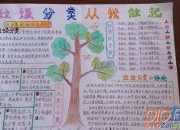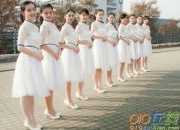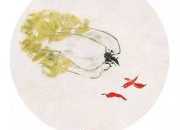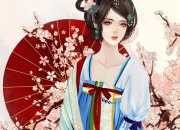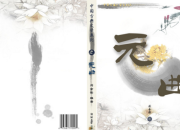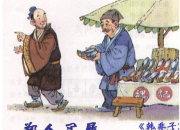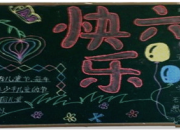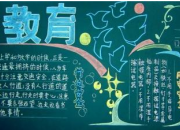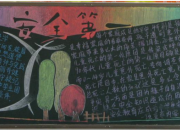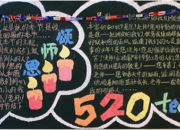spring festival英语作文【四年级】
时间:2021-08-31 导语:春节古称“正旦”、“岁首”、“三元”等。传统意义上的春节是指从腊月初八的腊祭或腊月二十三或二十四的祭灶,一直到正月十五,其中以除夕和正月初一为高潮。下面是yjbys作文网小编为您收集整理的英语作文,希望对您有所帮助。
春节英语作文(1)
Modern folk custom on the Spring Festival also known as the Chinese New Year's day. In fact, the origin of the year and the Spring Festival is not the same.
Exactly how to "year"? There are two main types of folk parlance: a said that in ancient times, there is a fierce monster called "nian", every month, 30, was from village, foraging human flesh, destroyed creatures. There's a lunar month of 30 in the evening, "year" in a village, bull whip comes at a time when two boy in the game. "Year" and the smell of air ring snapped BianSheng, frighten the run. It went to another village and took a look at the door with a big red clothes, it didn't know it was, frighten hurriedly turned away. Later it came to a village, the one person in the house of a look, see bright lights inside, a little dizzy, it had to slip, with tail again. People thus razor or the "year" is afraid, afraid of red, be afraid of the light of the weakness, then think of many methods against it, then gradually evolved into today's Chinese New Year customs.
Another argument is that the evidences in ancient China, put the word "year" wo department, in order to show good crop weather, good harvest. As GuHe is generally a cooked in a year. The "year" was extended to the old name.
Although Chinese ancient folk already have the Chinese New Year customs, but was not called the Spring Festival. When the Spring Festival, refers to the 24 solar terms of "spring".
Spring is the Spring Festival "refers to the whole of the northern and southern dynasties. It is said that the lunar New Year officially named as the Spring Festival, it is after the xinhai revolution. Because at that time to switch to the Gregorian calendar, in order to distinguish between agriculture, Yang two, so the first lunar month only changed its name to "Spring Festival".
现代民间习惯上把过春节又叫做过年。其实,年和春节的起源是很不相同的。
那么“年”究竟是怎么样来的呢?民间主要有两种说法:一种说的是,古时候,有一种叫做“年”的凶猛怪兽,每到腊月三十,便窜村挨户,觅食人肉,残害生灵。有一个腊月三十晚上,“年”到了一个村庄,适逢两个牧童在比赛牛鞭子。“年”忽闻半空中响起了啪啪的鞭声,吓得望风而逃。它窜到另一个村庄,又迎头望到了一家门口晒着件大红衣裳,它不知其为何物,吓得赶紧掉头逃跑。后来它又来到了一个村庄,朝一户人家门里一瞧,只见里面灯火辉煌,刺得它头昏眼花,只好又夹着尾巴溜了。人们由此摸准了“年”有怕响,怕红,怕光的弱点,便想到许多抵御它的方法,于是逐渐演化成今天过年的风俗。
另一种说法是,我国古代的字书把“年”字放禾部,以示风调雨顺,五谷丰登。由于谷禾一般都是一年一熟。所“年”便被引申为岁名了。
我国古代民间虽然早已有过年的风俗,但那时并不叫做春节。因为那时所说的春节,指的是二十四节气中的“立春”。
南北朝则把春节泛指为整个春季。据说,把农历新年正式定名为春节,是辛亥革命后的事。由于那时要改用阳历,为了区分农、阳两节,所以只能将农历正月初一改名为“春节”。
